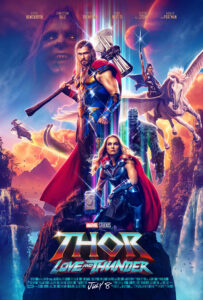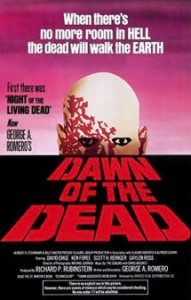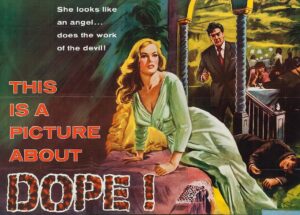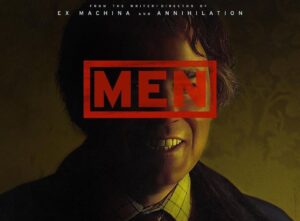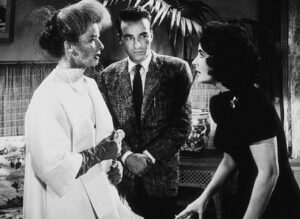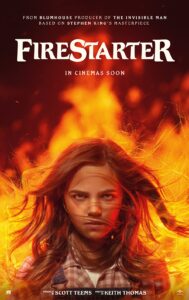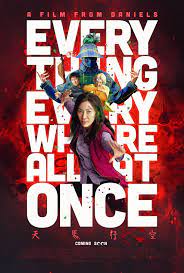I adore Thor: Ragnarök and found Thor: Love and Thunder a slog and I have identified one of the key structural difference that I think drives my varied reactions.
Ragnarok structurally has twin parallel plotlines that converge in the film’s final act. After some
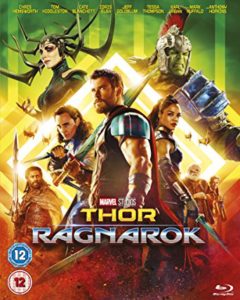 set-up in act one the twine storylines are first Thor and Loki on Sakaar and the second is Hela conquering Asgard.
set-up in act one the twine storylines are first Thor and Loki on Sakaar and the second is Hela conquering Asgard.
Hela’s conquest of Asgard is presented in a straight-forward tone and manner. It is fairly devoid of jokes, that is not to say it is without humor but rather the humor in it is not in a set-up and punchline format nor does it engage in large scale exaggeration of characters for effect. Asgard is presented as genuine peril with stakes that related to characters we have known.
Sakaar, from its production designs, its saturated color palate, and it very broad characters is over the top in its quips, jokes, and japes. Characters are painted in very broad strokes and exaggerated traits giving the audience a funny ‘fish out of water’ story as Thor fights to escape and confront Hela.
When the two plots converge it is on Asgard and plays fairly consistently by the rules setup for dramatic effect during Hela’s conquest. The stakes are real and humor becomes less broad for a quite satisfying conclusion.
Love and Thunder has several locations and except for a few brief scenes all of the characters in
all settings are painted broadly and are exaggerated. This film is seeming composed of only Sakaar-like sequences with a Hela plot to counterbalance. It is a diner that has only desserts, which sounds like a good idea but ultimately it is not satisfying.
